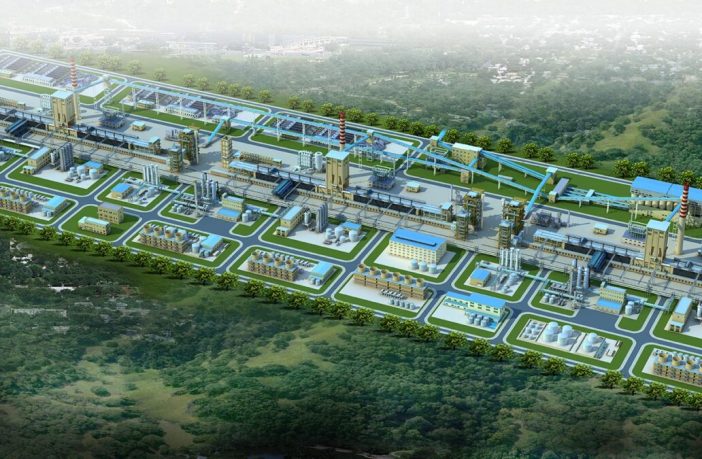- Limpopo’s proposed heavy industrial development at the Musina-Makhado Special Economic Zone is on pause as environmental groups challenge its questionable environmental authorisation.
- One of their concerns is the immense strain this coal-fuelled industrial megaproject will place on already limited water in the area.
- The current proposal has no long-term plan on how to keep the metallurgical complex and its 123-billion litre yearly water requirement afloat.
Limpopo’s plans for a giant industrial development could cause an ecological disaster in a province where water shortages are already a regular occurrence for rural communities.
The environmental authorisation of the proposed Musina-Makhado Special Economic Zone (MMSEZ) – based on proposed investment by a cluster of Chinese industrial conglomerates – is being challenged in the Polokwane High Court by the Herd Nature Reserve, Living Limpopo and the Centre for Applied Legal Studies (CALS).
The organisations filed a review application on 13 January asking the court to scrap the environmental authorisation granted to the project by the Limpopo Department of Economic Development, Environment and Tourism (LEDET). Instead, they want the decision referred upwards to the national Department of Forestry, Fisheries and the Environment (DFFE).
The development has been dogged by controversy.
- AmaBhungane dubbed the project “Limpopo’s dirty great white elephant” in a four-part #EarthCrimes investigations. Read part 1, part 2, part 3 and part 4.
Given its chosen location in an area with huge amounts of biodiversity coupled with limited water, civil society organisations have long been ringing alarm bells about the possible toll the project could have on the region.
In 2021, when China’s president Xi Jinping announced that China would no longer fund the construction of coal-fired power plants in other countries because of climate damage, it seemed to torpedo plans for Limpopo’s giant metallurgical complex with its own dedicated coal power station.
Instead on 23 February 2022 LEDET approved the environmental authorisation, keeping this Frankenproject alive.
Dry taps have already become such a mainstay for communities that Musina saw violent protests erupting in May 2022 as residents “demanded a permanent solution to the water crisis”.
The MMSEZ, the court application warns, will makes things dramatically worse
This is a small extract from a very in depth and well researched article written by from the amaBhungane Centre for Investigative Journalism.
Read more on this exclusive story from the amaBhungane Centre for Investigative Journalism HERE

















